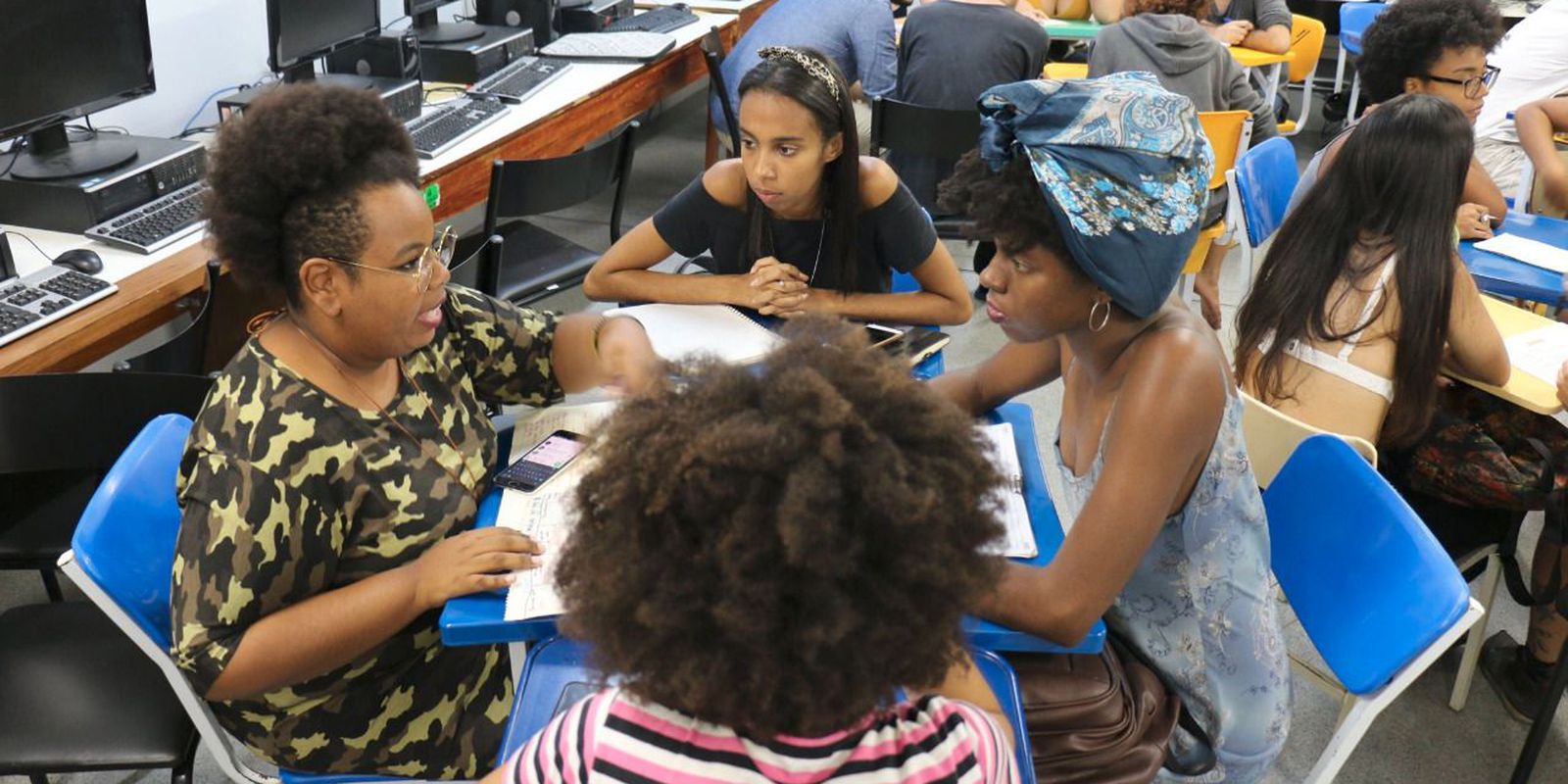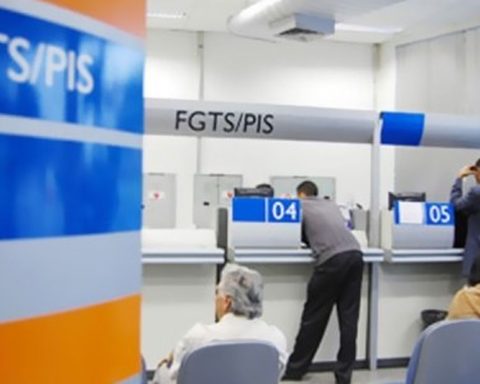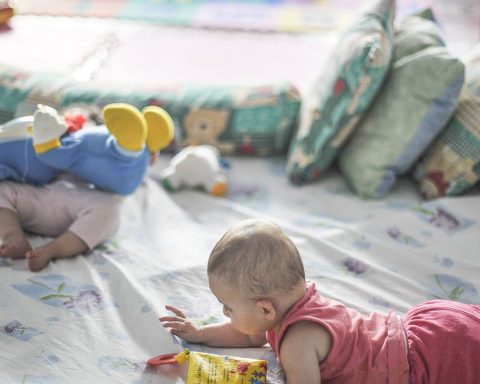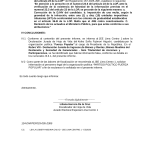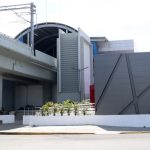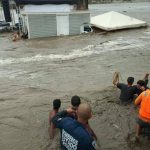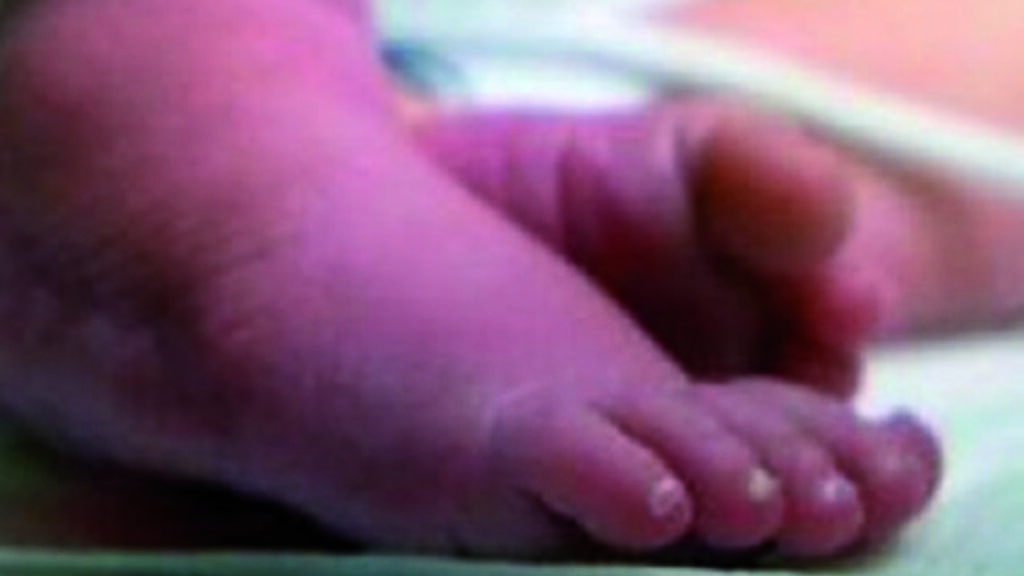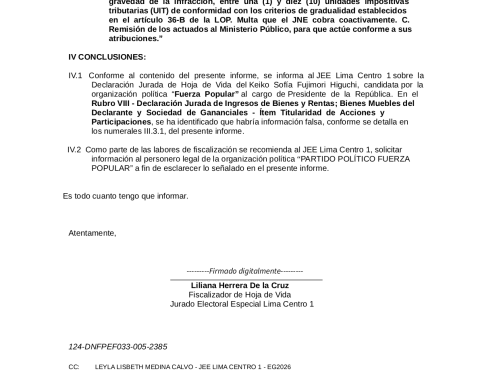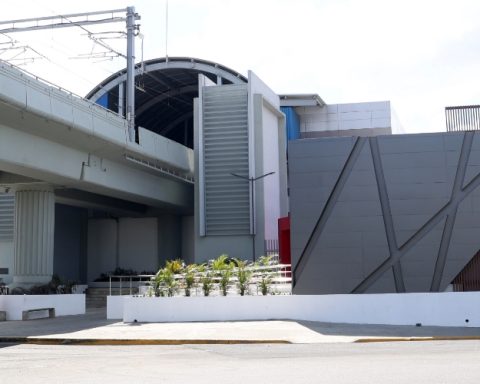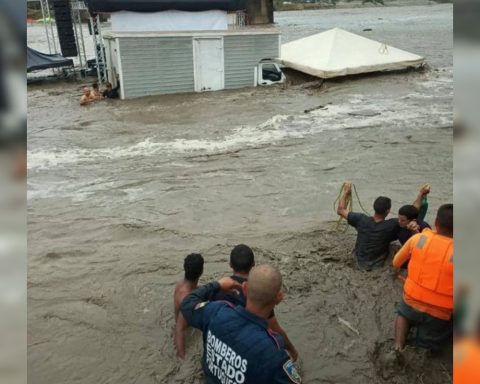Applications for the so-called Favela and University 2022 are open until February 28, promoted by the Dean of Extension of the Federal University of Rio de Janeiro (UFRJ), with the aim of supporting projects by collectives and organizations outside UFRJ in the state of Rio de Janeiro, active in vulnerable areas, such as slums and peripheries.
The initiative is a partnership with the UFRJ Citizen Innovation Laboratory (Labic) and will distribute R$ 140,000 to 40 projects. At Applications can be made at the laboratory address. The funds come from parliamentary amendments, projects to encourage the UFRJ Technological Park and funding agencies, such as the National Council for Scientific and Technological Development (CNPq) and the Fundação de Amparo à Pesquisa do Estado do Rio de Janeiro (Faperj) .
Projects or actions will be selected that are more suited to the idea of citizen innovation, that have been implemented in the territory for a longer time, that have a network around them, that are relevant, that have an impact on the community, that have the possibility of continuity and have partnerships , informed the Brazil Agency the Dean of Extension at UFRJ, Ivana Bentes. “Our idea is to support projects that already exist, but we also have a part of the award for more beginner projects that need support and technology to develop”.
mentorships
The projects already developed will receive support of R$ 5 thousand each. For projects in the initial stage, a contribution of R$ 2 thousand each will be granted. Ivana Bentes said that the financial resource is important, but emphasizes that the biggest resource being made available is in mentoring, technologies, in connection with other similar projects, networking, teams. “This is all a valuable resource today”.
For about four months, in 15 weekly meetings, teams of three people, including professors from UFRJ, community leaders from Rio de Janeiro and Brazil and guests, will help accelerate the projects. The selected actions will be part of the Citizen Innovation Laboratory (Labic). Initiatives aimed at fighting covid-19 can be registered; media and diversity; technologies, networks, data and platforms; cultural actions; free training; economy; and citizenship. “The university has expertise, but the territories have also developed logistics. We saw this in the pandemic, groups create solutions for their communities”, highlighted the teacher.
The meetings are public and can be followed virtually by anyone who wants to become a collaborator. This is the fifth edition of the so-called Favela e Universidade. The first took place in 2017 and, until 2019, all were carried out in person. From 2020, with the pandemic of the new coronavirus, they took place virtually. This year, the event will be a hybrid, following UFRJ’s biosecurity recommendations. It will start virtually, but if the pandemic ends up cooling down, the idea is to hold face-to-face meetings too, with some meetings even taking place in the territories themselves, explained the pro-rector of Extension.
Citizen Innovation
The Citizen Innovation Laboratories are spaces for creating and experimenting with solutions to society’s problems and challenges, with the involvement of the communities themselves. The last edition had the participation of names such as Preto Zezé, president of Central Única das Favelas (Cufa), and Raull Santiago, co-founder of Coletivo Papo Reto and Perifa Connection, among other leaders. Labic UFRJ is based on the methodology of Citizen Innovation, promoted by the Ibero-American General Secretariat (Segib).
Extension
The Dean of Extension is the UFRJ sector responsible for connecting the university to society. With 3 thousand projects in different areas, the extension actions benefit an audience of more than 2 million people a year, throughout Brazil, with research, events, courses, workshops and training.
The full call Favela e Universidade 2022 can be accessed on the lab page.
Questions and information can be clarified at Favela Universidade email.
